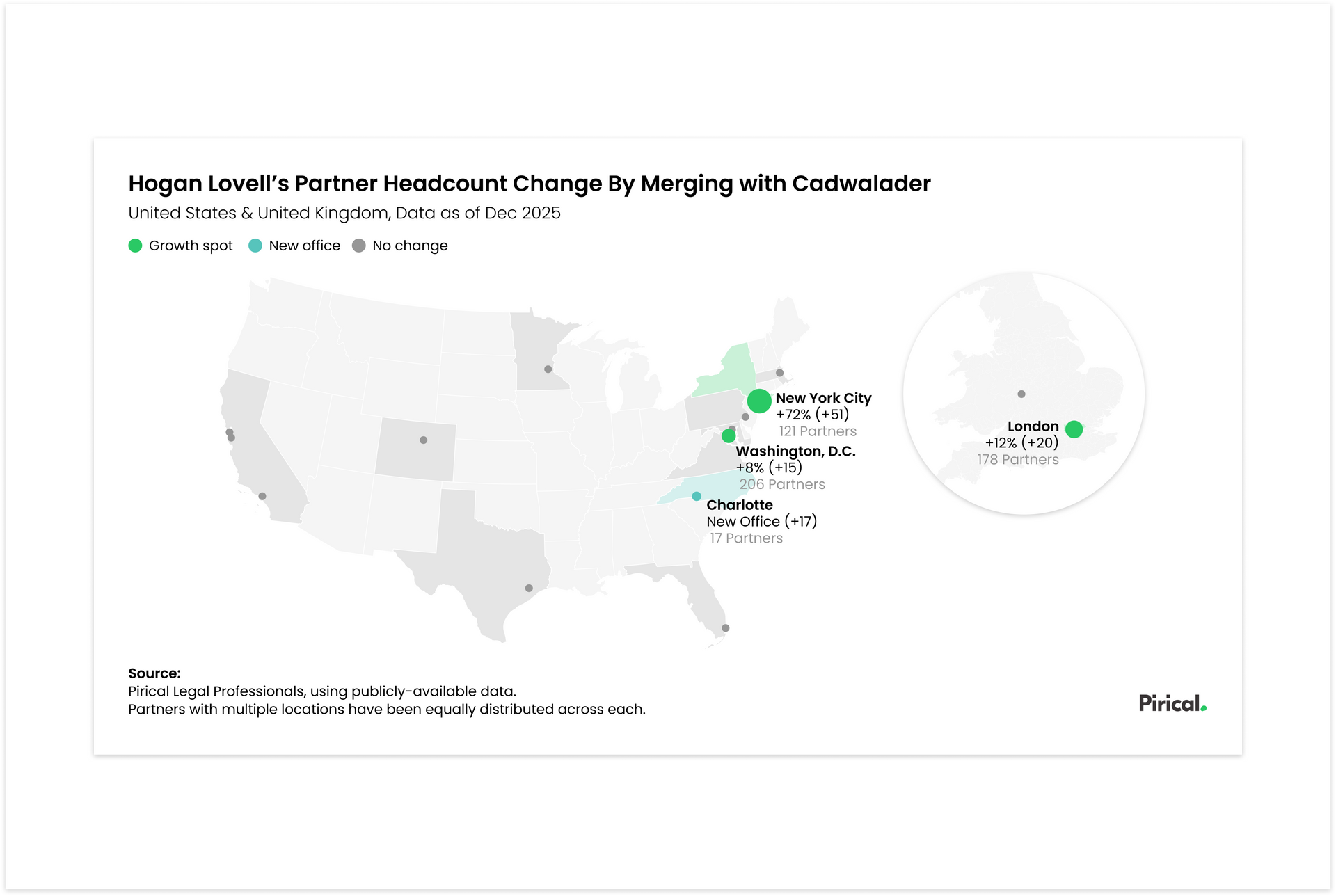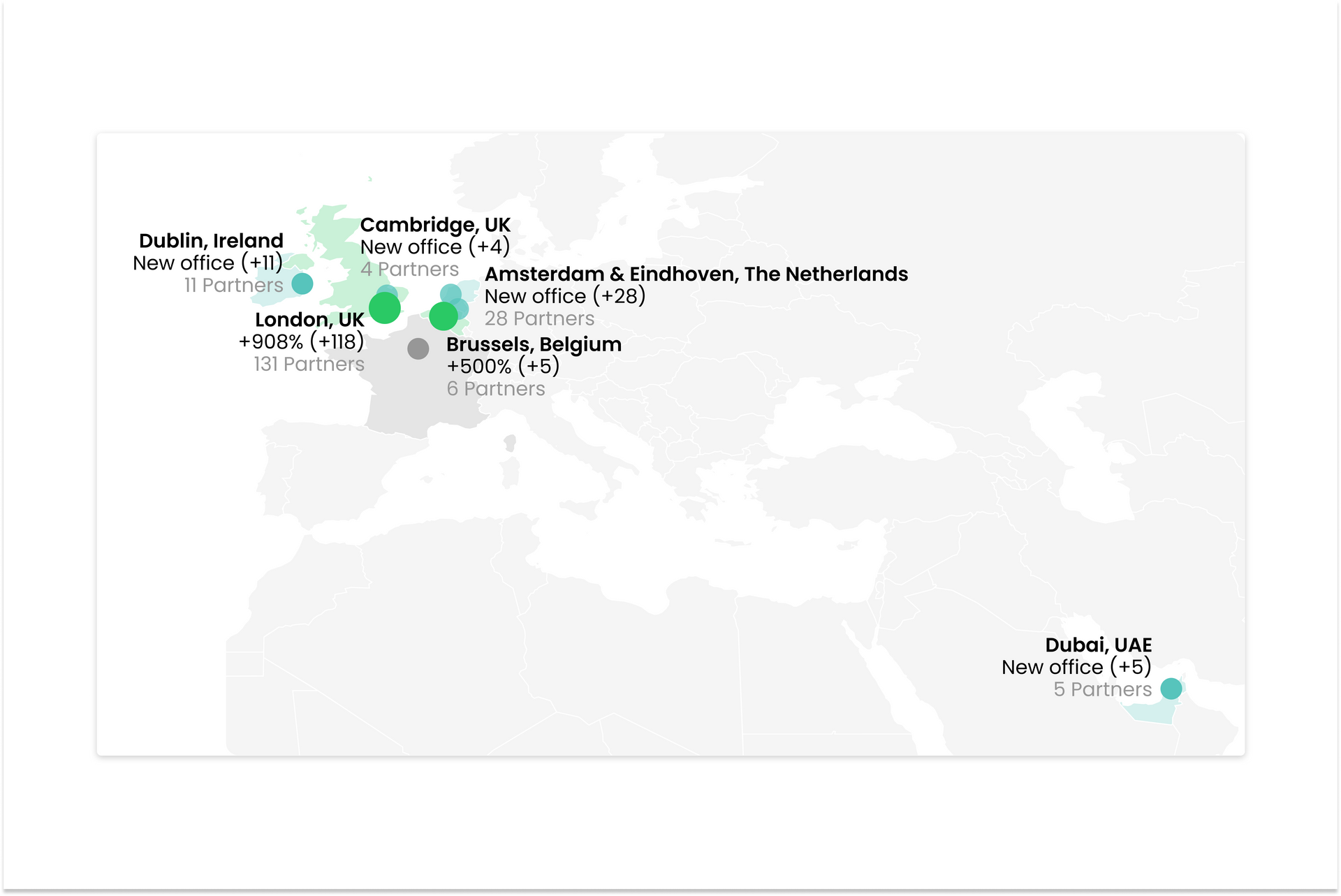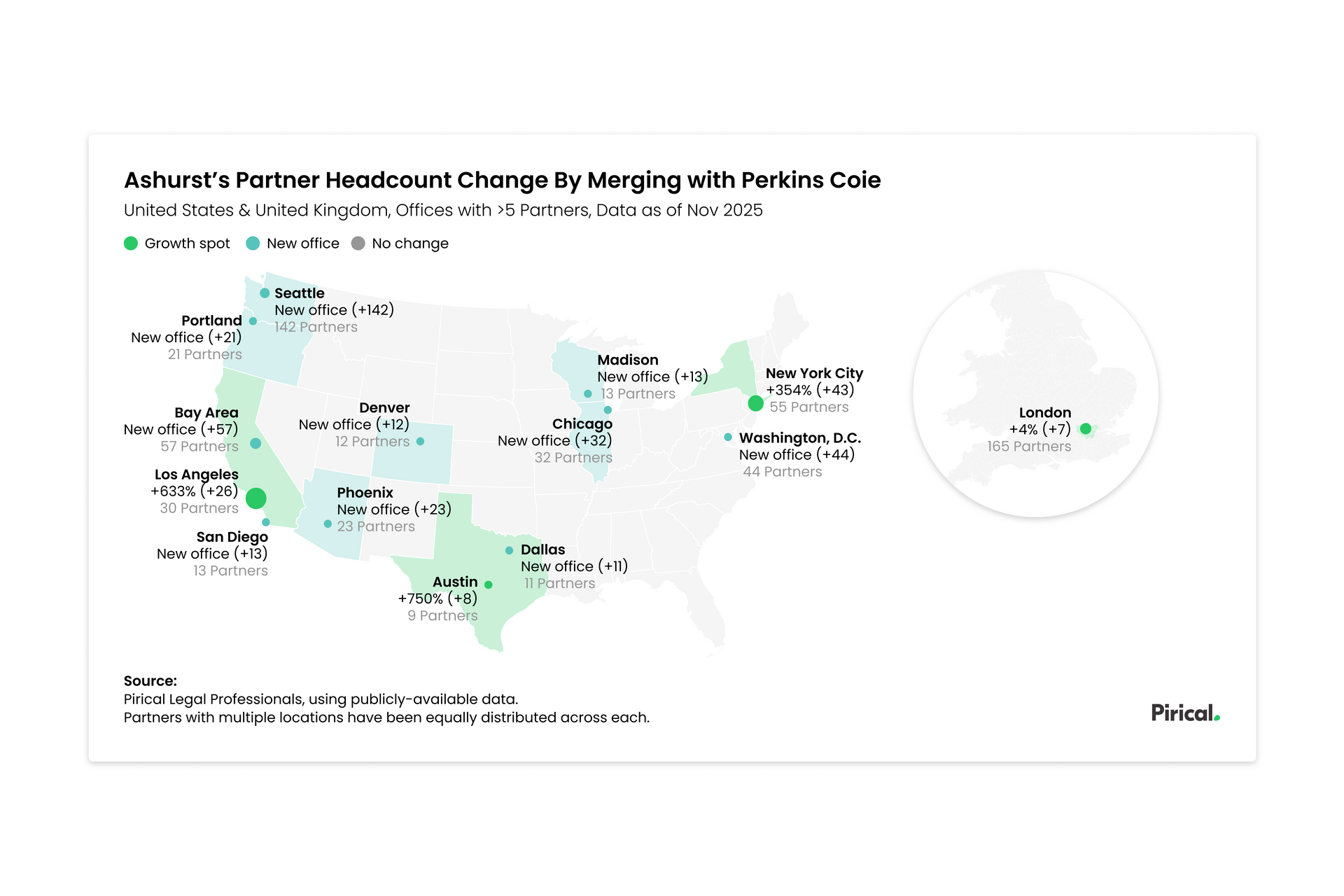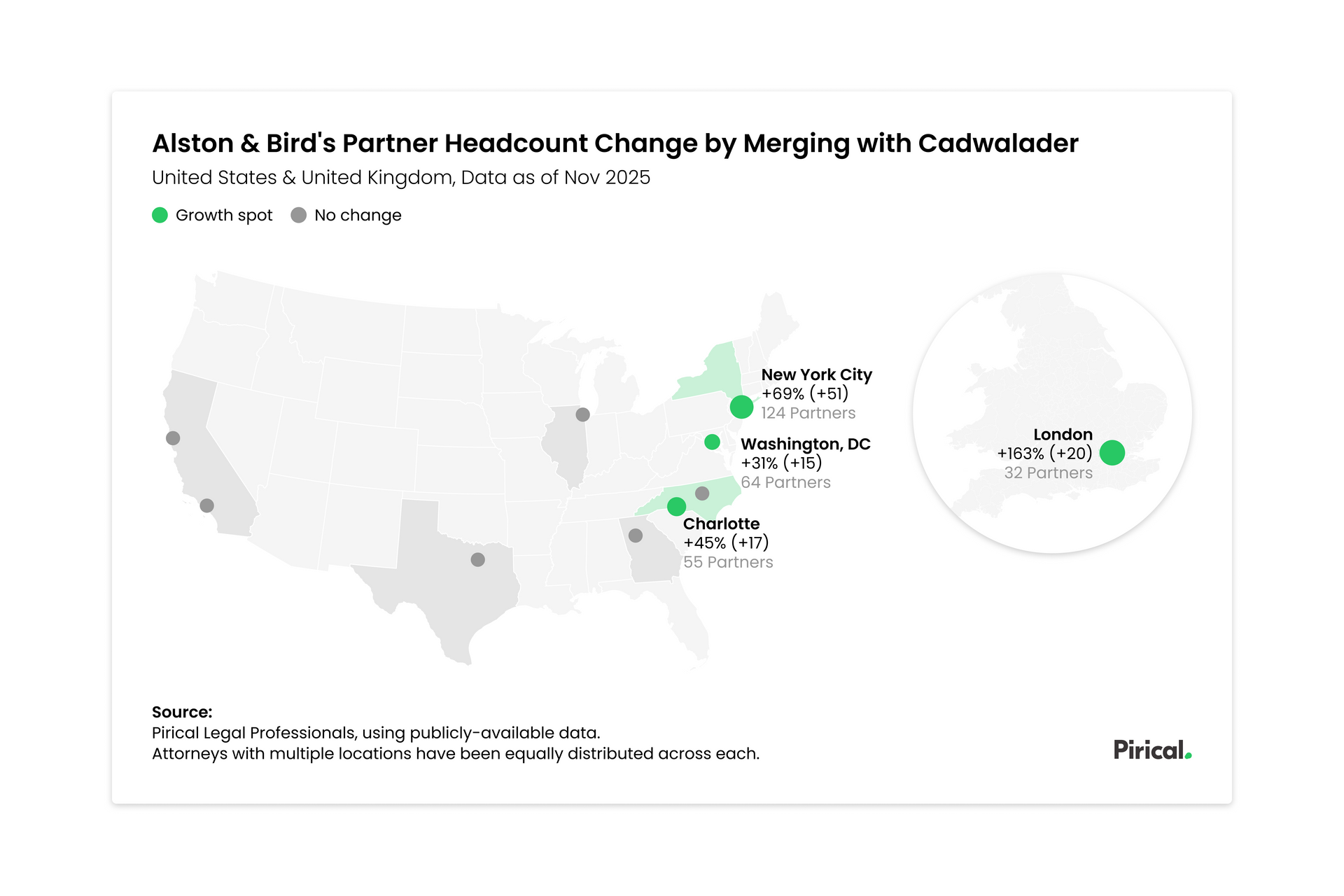‘Third Wave’ diversity leaders are changing the internal structure of law firms.
Pirical sat down (virtually) with D&I pioneer, Alexis Roberston, a powerful voice in the Diversity legal world. Known for her role as Director of Diversity and Inclusion at Foley & Lardner, as well as having a background both as an attorney and as a legal recruiter, Alexis is fantastically placed to talk with authority on this topic. Through a humanised approach to D&I, Alexis is working internally at Foley to relook at the structures it has in place through a people-centric lens. Alexis is a ‘Third Wave’ diversity advocate (explained below) and says the industry has not yet confronted the systemic issues within law firms.
When people are your product, a diversity issue is a business issue
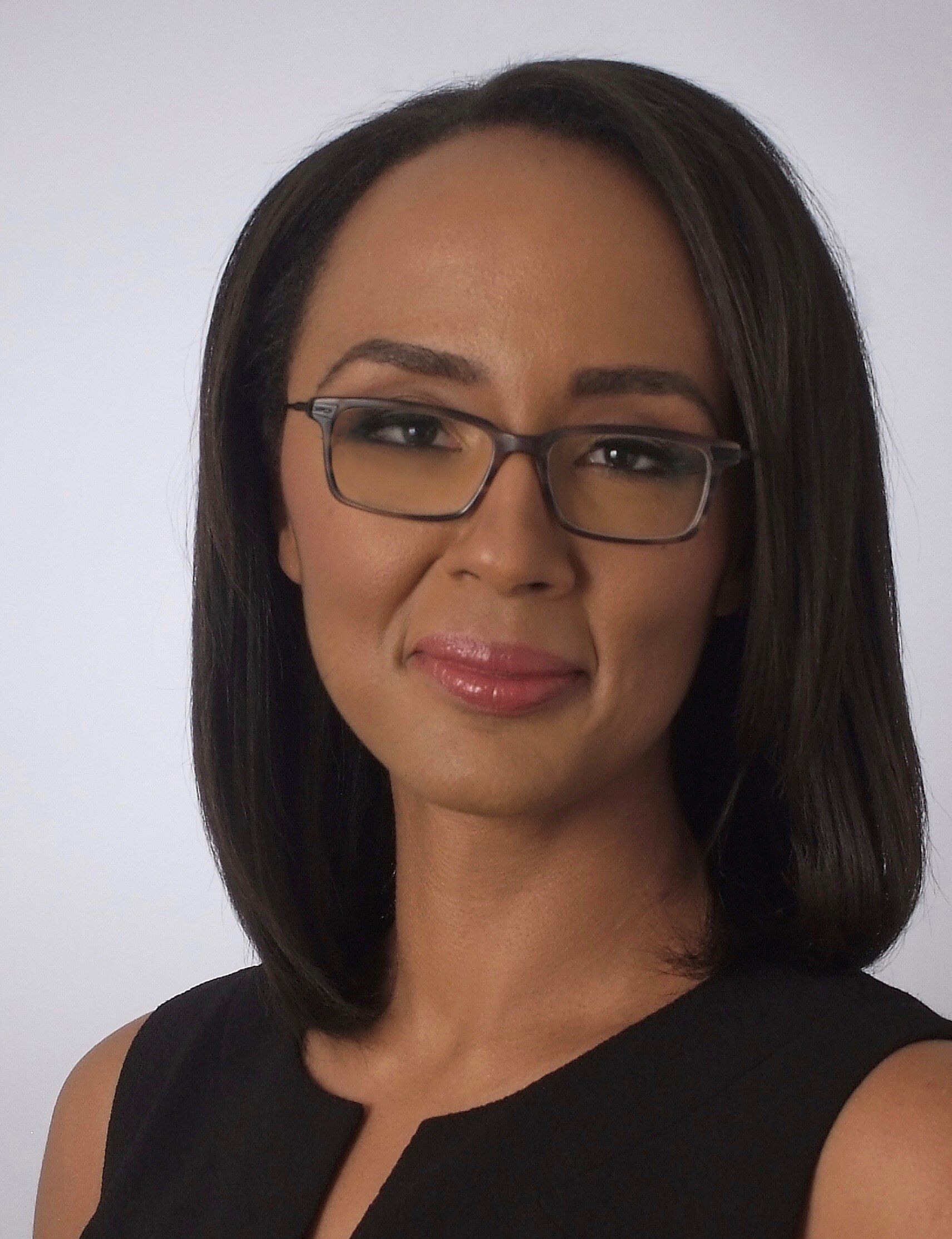
‘Third Wave’ diversity recognises that within company structures, D&I is a people-related issue and therefore a business issue.
“The first wave of D&I looked at the numbers of diverse talent hired into the sector. By the second wave, the industry considered the lived experience within firms, that’s when inclusion was the main agenda. The campaign for social change has made some headway, with the focus being on ‘winning hearts and minds’ through discussions and teaching. Third wave diversity includes all of these, but also takes a look at company structures. There’s no reason to exclusively focus on winning hearts and minds. We must also use workplace systems to help us get to where we need to be.”
For Alexis, tackling barriers faced by minority groups needs a revised approach. She believes it is time to reframe ‘diversity issues’ as an overall talent issue, as opposed to one of only social responsibility. And therefore as the kind of business critical issue that a professional services organisation should care deeply about. For Alexis, to subsection ‘diversity’ issues off as a separate, theoretical notion, results in minority experiences ending up siloed and put last on the agenda.
“It’s great that we say the word diversity, and we use this phrase consciously, seeking to educate, make change or seek cultural change. But a number of people don’t feel this is relevant to them, or this is just another diversity programme.”
“For those who assume that diversity isn’t relevant to them, we can sometimes engage them by reframing the issues as a people issue. For example, analysing retention disparities between men and women or between Black and white associates, is also a talent or people issue. For the sake of the broader organisation, we must be curious about and endeavour to address those gaps, whether or not we’re labeling it as a diversity issue.”
Other words you end up using, Alexis says, “are fairness, equity, and uniformity."
Alexis works with a people-centric outlook, one that encompasses all areas of people related issues. Her view is that, as much as her role as diversity director is focused on representing minority groups within Foley, her investment should be on each individual within the firm. Foley has introduced weekly podcasts, where Alexis speaks with its attorneys to uncover the varying pathways into law. It is unique, Alexis says, for a firm of that size to dig into the underbelly of people’s personal experiences of working towards and within the industry.
Dismantling the structure of a firm against the ingrained traditions of the legal sector
As a third wave diversity advocate, Alexis works beyond programmes and instead focuses on the real structural issues within the sector. Initially, law firms had placed a lot of attention on the sentimental win, or what Alexis describes as “winning hearts and minds”. A lot of D&I initiatives focus on implicit training, affinity groups and outsourced sponsorship programmes. However, Alexis argues that despite these measures being important in driving cultural change, the results have not pushed the industry far enough.
“I see people getting tired with the same programmes, and when we look at the data they are not working within the industry in the way they hoped.”
Alexis believes that she will not need to win over “hearts and minds” in her campaign for cultural change if she has the support systems in place to do their job. When too much focus is placed on the sentimental, it's difficult for a campaign to remain effective and achieve its goals.
By way of example, Alexis mentions the way in which the industry is not unified in its approach to interviewing or feedback for attorneys. That’s where Alexis notices how bias creeps in, unintentionally. All factors need to be at play, she says, not just a handful.
Alexis plans for a systematised approach to support change which doesn’t rely on people modifying their behaviour without assistance.
What Alexis does run up against are the very historically entrenched traditions within the profession of the law. The way in which lawyers progress into the profession follows a historic tradition, preserving a setting that is very risk averse. It’s in the DNA of lawyers, she says, to find “it scary to innovate and I think we struggle at it as an industry.”
Using data to support the D&I journey
Alexis says that in a perfect world her job wouldn’t exist. However she identifies that blind-spots in firms require the support of a professional to come in to offer a D&I-focused perspective. Alexis remarks on the advantageous position she is in to be able to make changes. Depending on where D&I is situated within the company structure, Alexis says, can make an impact on how much can be achieved.
Alexis acknowledges how the industry needs to be going faster, but there are some realities of how long this process takes.
“For example, depending on how many laterals a firm hires per year, recruiting new associates and promoting partners all take time.” By virtue of the fact that the firm is dealing with people, Alexis recognises that, “data analytics aggregates over many years.”
Alexis advocates using more sophisticated methods of data analytics to support and refine D&I strategy.
“Often, a diversity officer will be the first person to walk in and say - can we pull your data? How do you record your data? What are your trends showing? I need to be able to benchmark where we are in order to record progress. You can’t manage what you’re not measuring.”
Accelerating change
Third wave diversity is elevating the conversation and not afraid of trying new methods to accelerate change. Alexis is looking to elevate D&I but also embed it across the firm in all aspects. She considers D&I in every “people function” across the organisation, from initial recruitment to partner and beyond. Her focus is to look at the life-cycle of people's experiences and the organisational systems, and then the education and training component. Alexis is actively investigating the use of real-time data analytics to help and inform the journey gaps.
Pirical On Demand (POD) is the UK’s first on demand people analytics service for HR in legal and professional services. Track your firm’s diversity and inclusion strategy with real-time data and thousands of pre-populated data questions.
Subscribe to the latest data insights & blog updates
Fresh, original content for Law Firms and Legal Recruiters interested in data, diversity & inclusion, legal market insights, recruitment, and legal practice management.

